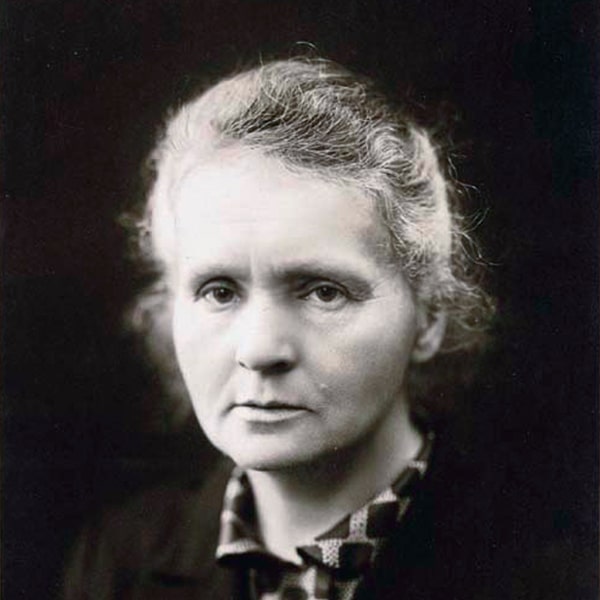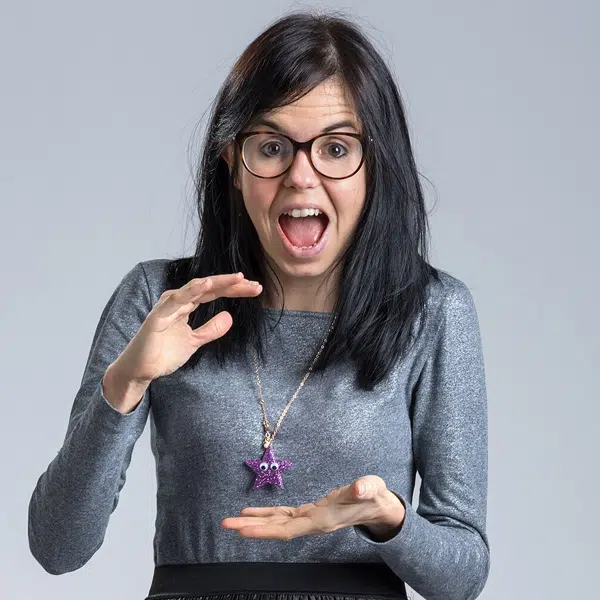
Photo: Stock Photos from vasabii/Shutterstock
Have you ever had a conversation with yourself, one that took place inside your head? If so, you are one of many who have an inner monologue—or inner voice—that narrates your thoughts throughout the day. But did you know that many people have no such inner dialogue? While that might seem strange to some, it's equally odd for someone who doesn't have an inner dialogue to imagine how that manifests itself.
The topic of inner speech has caused a stir on Twitter after the user KylePlantEmoji put out his own observation on the matter. “Fun fact: some people have an internal narrative and some don't,” he tweeted. “As in, some people's thoughts are like sentences they ‘hear', and some people just have abstract non-verbal thoughts, and have to consciously verbalize them And most people aren't aware of the other type of person.”
This caused strong reactions online, as people on both sides of the coin imagined what life would be like with or without their inner monologue. The phenomenon itself has been debated for years by scientists. Psychologists began looking into the function of inner speech in the 1930s. It was the Russian psychologist Lev Vygotsky who suggested that external conversation can become internalized. He even proposed that self-talk was highly abbreviated and included a lot of omissions. The idea of external speech becoming internalized is also supported by evidence that it's the same part of the brain—Broca's area—that deals with both.
Many people use their inner monologue positively as a way to collect and organize their thoughts. It can aid with problem solving and self-reflection, as well as increase productivity and keep your critical thinking sharp. On the other hand, there can also be issues with a negative internal dialogue, which can harm your self-esteem and affect your mental health. Sometimes associated with depression and anxiety, it can take hard work to stop these self-critical, negative thoughts and build towards positive self-talk.
So, if you have no inner monologue, should you be worried? Not really. Studies show that some individuals never experience it at all, while others only experience it occasionally. “I'm confident that inner speech is a robust phenomenon; if you use a proper method, there's little doubt about whether or not inner speech is occurring at any given moment,” writes Russell T. Hurlburt, professor of psychology at the University of Nevada. “And I'm confident about the individual differences—some people talk to themselves a lot, some never, some occasionally.”
Interestingly, researchers at Harvard University have found that visual and verbal thinking are highly linked. While people often think of themselves as being either more verbal or visual, this isn't necessarily the case. In fact, people with a clear inner monologue typically have stronger mental visuals to accompany their verbal thoughts.
Whether you have a constant narration present in your head or hear nothing at all, the debate raises interesting questions about how we think and process information. Certainly, the next time you see someone lost in thought, you might just wonder what the conversation is inside their head.
KylePlantEmoji created a stir on Twitter with his information about inner monologues.
Fun fact: some people have an internal narrative and some don't
As in, some people's thoughts are like sentences they “hear”, and some people just have abstract non-verbal thoughts, and have to consciously verbalize them
And most people aren't aware of the other type of person
— Kyle (@KylePlantEmoji) January 27, 2020
The reaction was firmly divided between those who can't imagine life without their inner voice…
Telling my inner voice to shut up is NOT possible. It’s like “ok gotta be quiet. Don’t think about anything. Think nothing… not a thing.. not… knot… garlic knot… bread.. I’m hungry. Is chipotle is open this late? I could always go to Target-“
— ali (@Cinerdella) January 28, 2020
I do this too. I'm pretty sure I go through about 5 versions of how a conversation will go before I actually have it.
I've also gotten myself upset over a theoretical conversation and had to remind myself that, well, it hadn't even happened yet.
— PopSixxSquish||Ashley (@PopSixxSquish) January 28, 2020
I genuinely have full conversations with myself in my head. I’d get so bored if I didn’t have an internal monologue.
— Cum Goblin (@ProstateWizard) January 27, 2020
And people who can't believe that some people have an inner narrative all day long.
I absolutely used to presume that someone thinking out loud on tv, or passages of thought in books, were a metaphor, or artistic license. It still amazes me that many people think like that & not in concepts like me. Thoughts are thoughts for me, separate from words or images.
— Alice Cann (@alicecann) January 27, 2020
I'm sitting here trying to imagine what hearing your own voice in your head constantly narrating your every waking moment feels like and I'm so fucking glad my mind doesn't do this. https://t.co/uh4xHXBFe8
— JeanNA Toss A Coin To Your Skinner (@JeannaLStars) February 2, 2020
This is so wild to me I can't imagine thinking in actual sentences and hearing an internal monologue. People really think in sentences???? https://t.co/McreMtBK5a
— WitchyTwitchy Ⓥ (@witchytwitchytv) January 27, 2020
Learn more about why some people have an internal monologue in this video.
h/t: [IFL Science!, Vice]
This article has been edited and updated.
Related Articles:
Why Can 70% of People Hear This Silent GIF?
If Music Sends Shivers Down Your Spine, You Have a Special Brain
Woman with Synesthesia Tells People What Their Names Taste Like
Photographer Analyzes His Subjects’ Brains to Reveal How They Really Want to Look






















































































